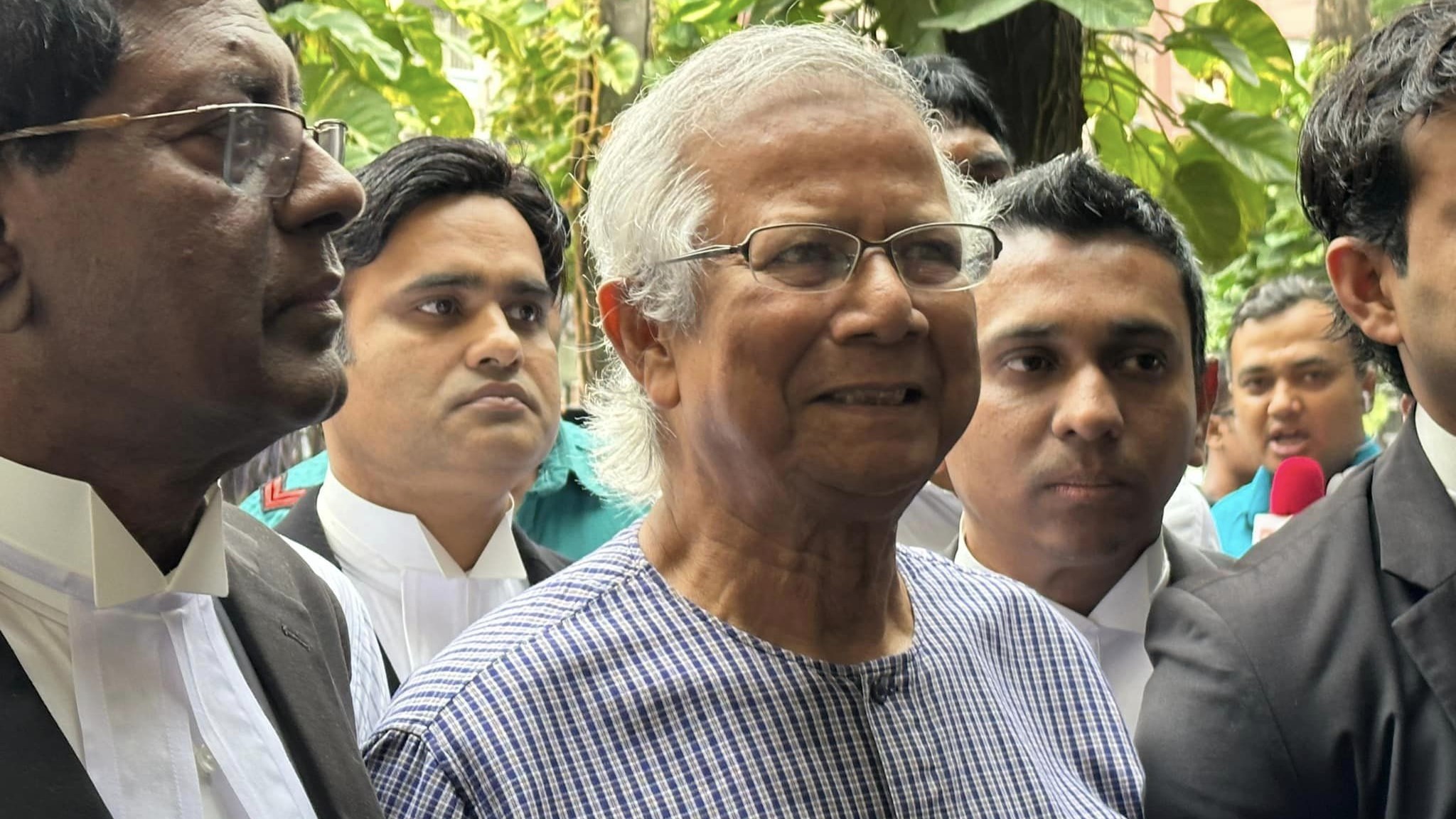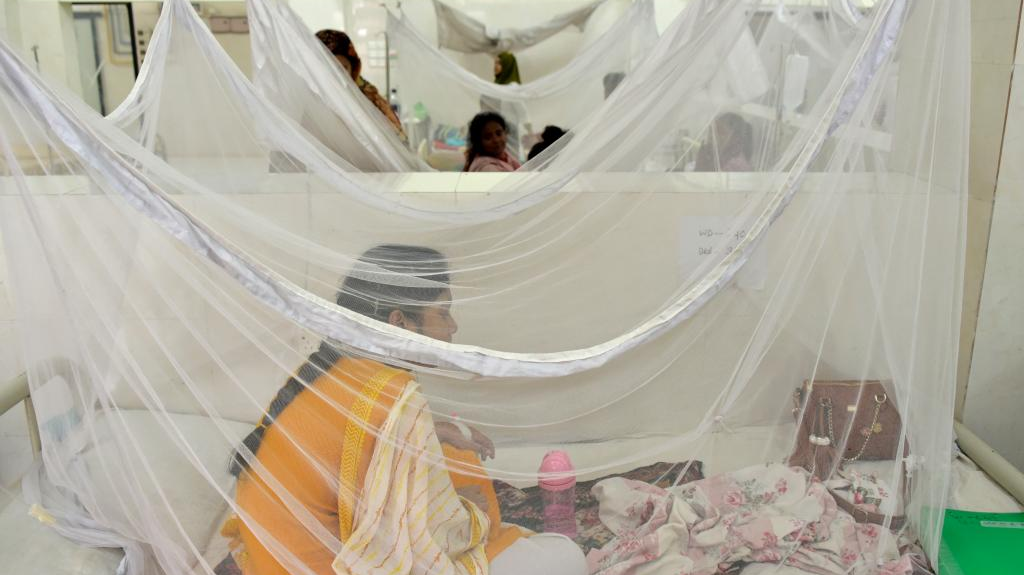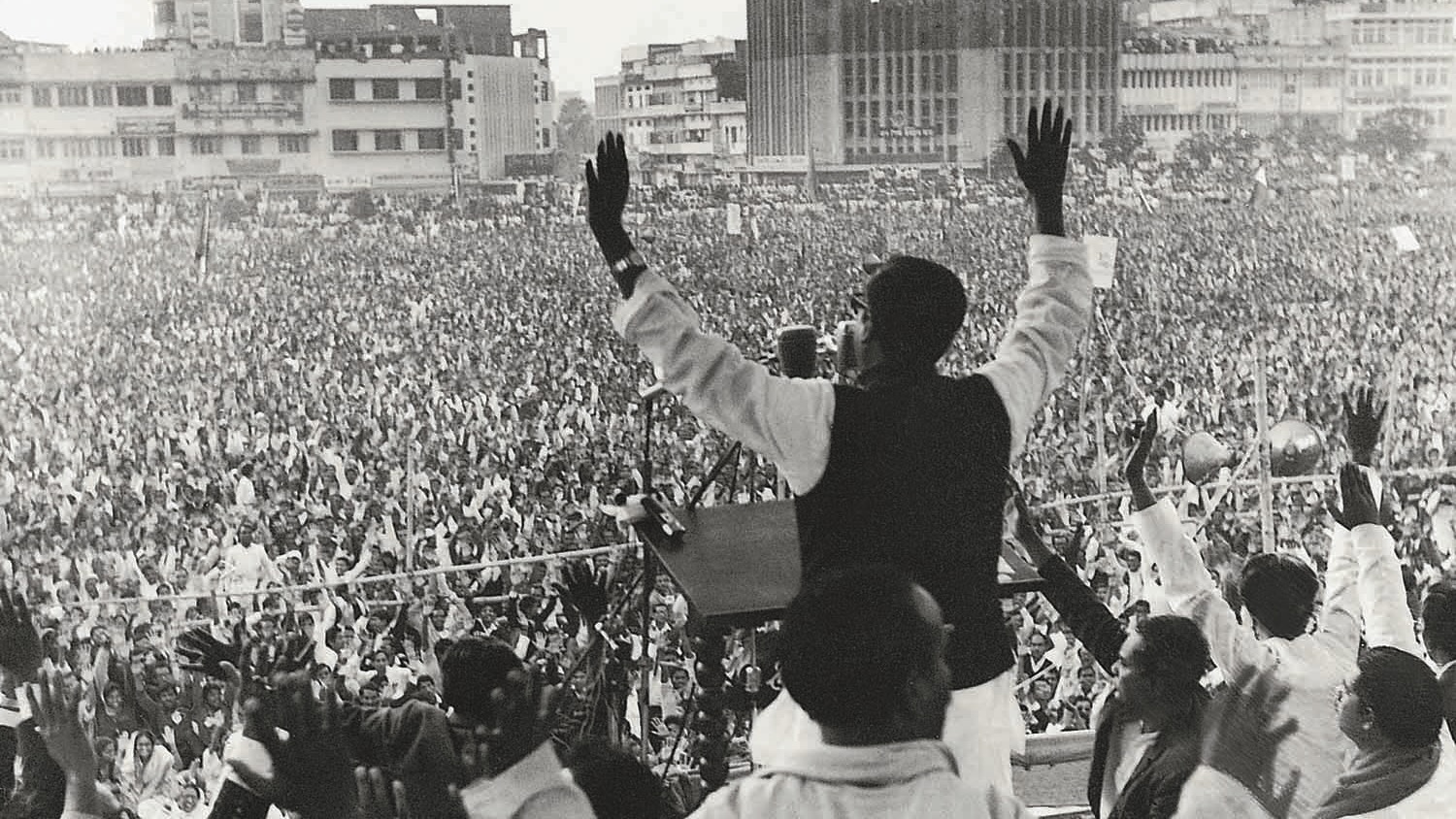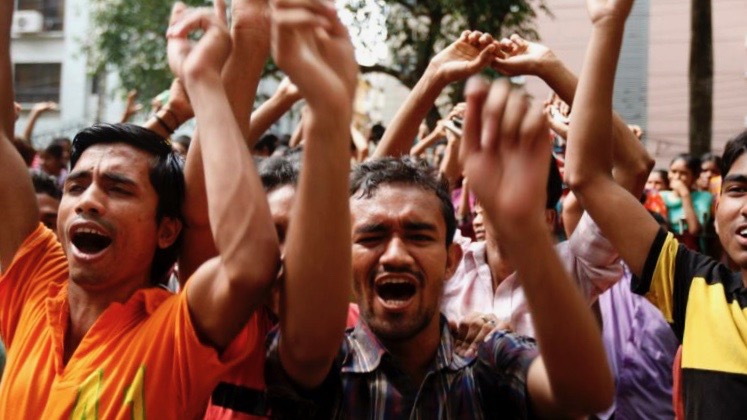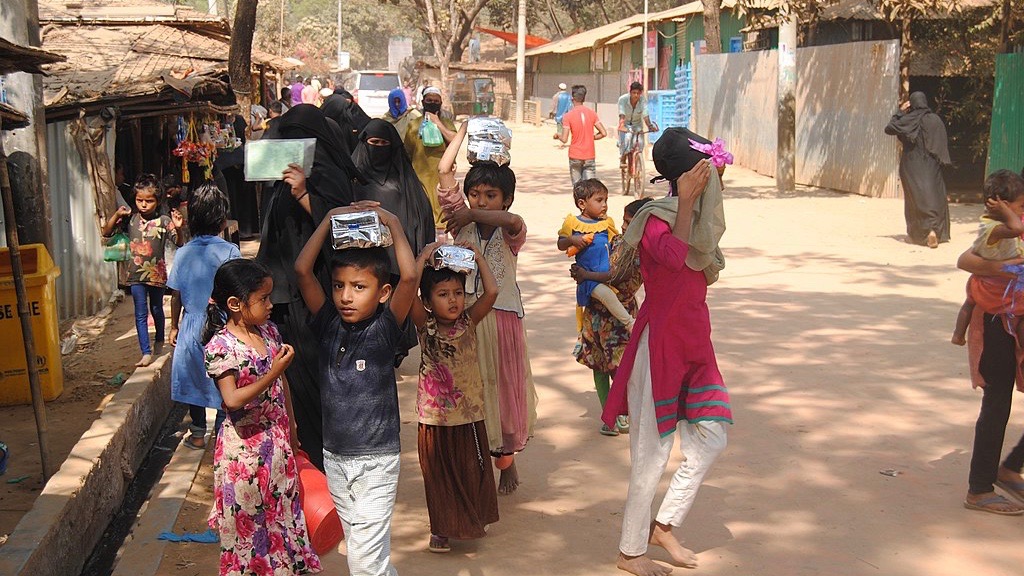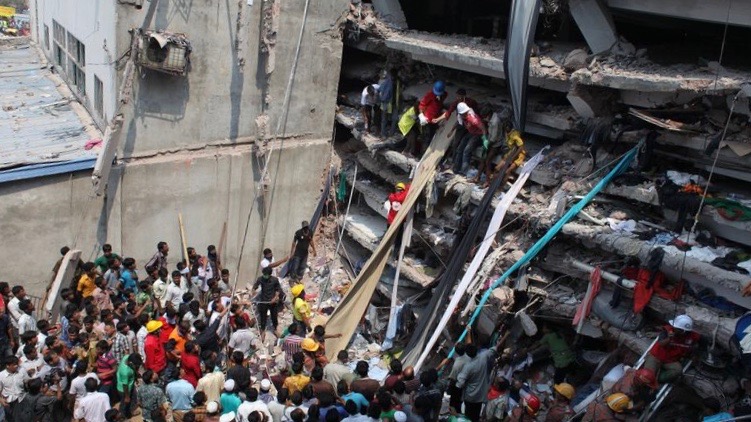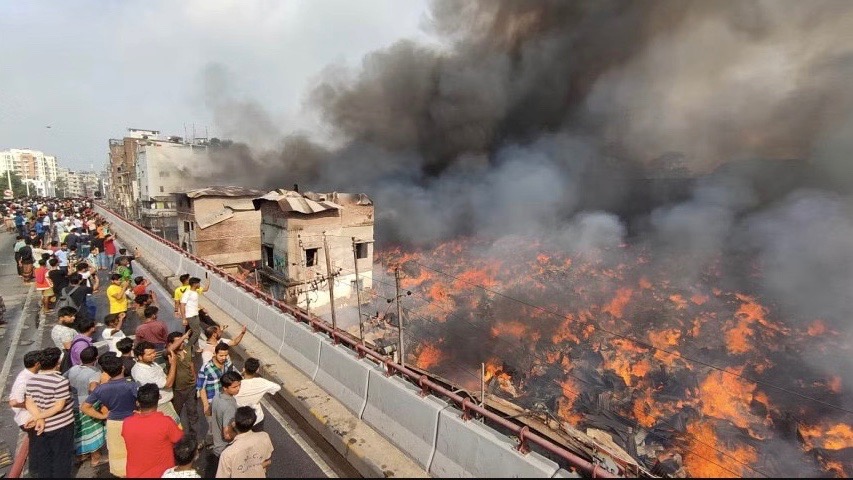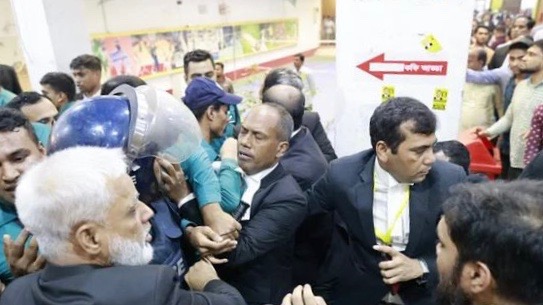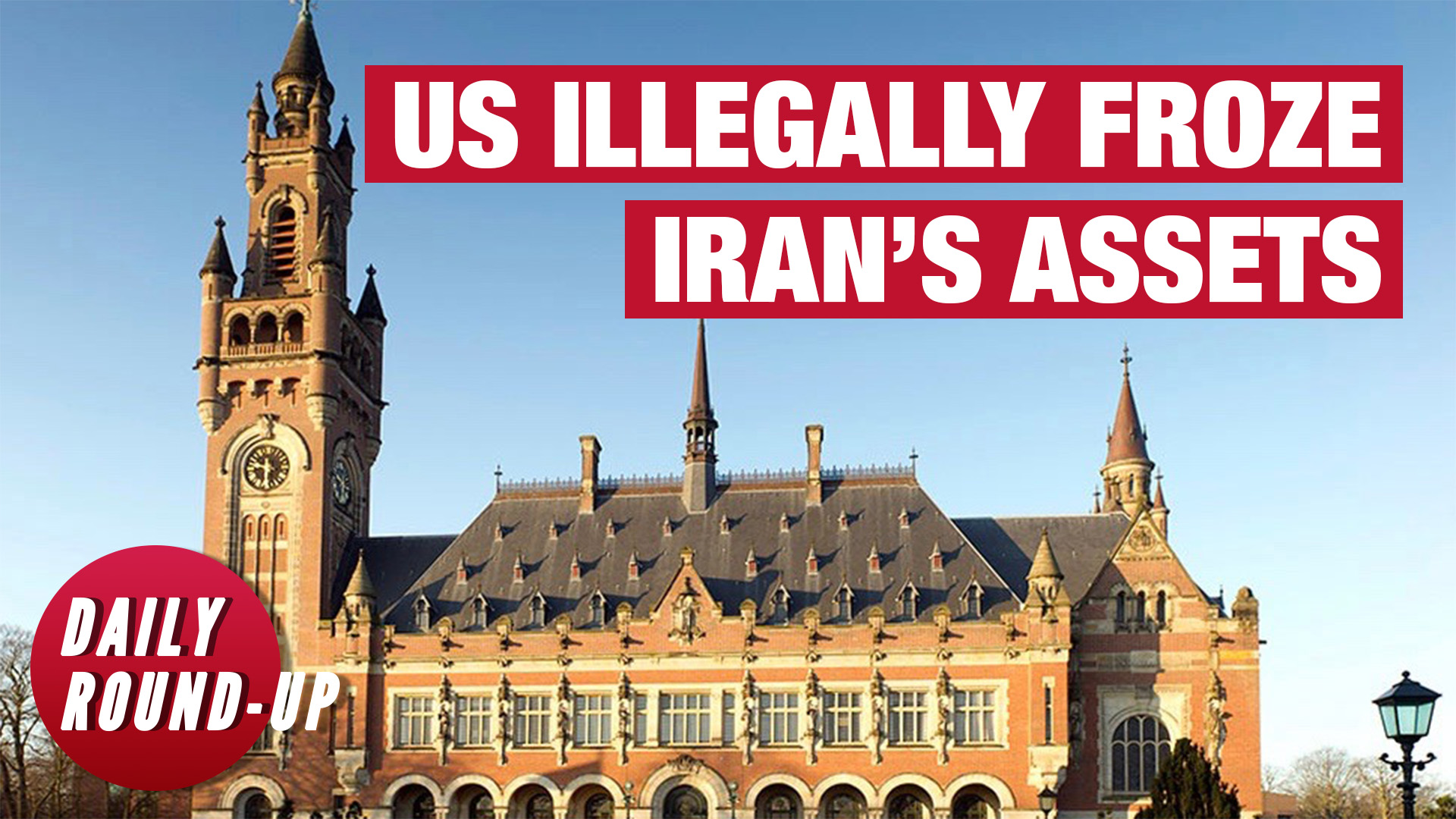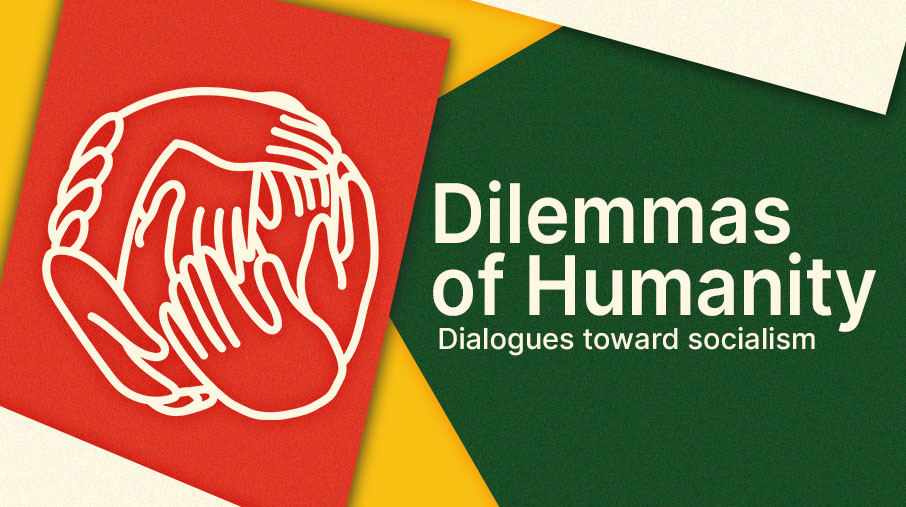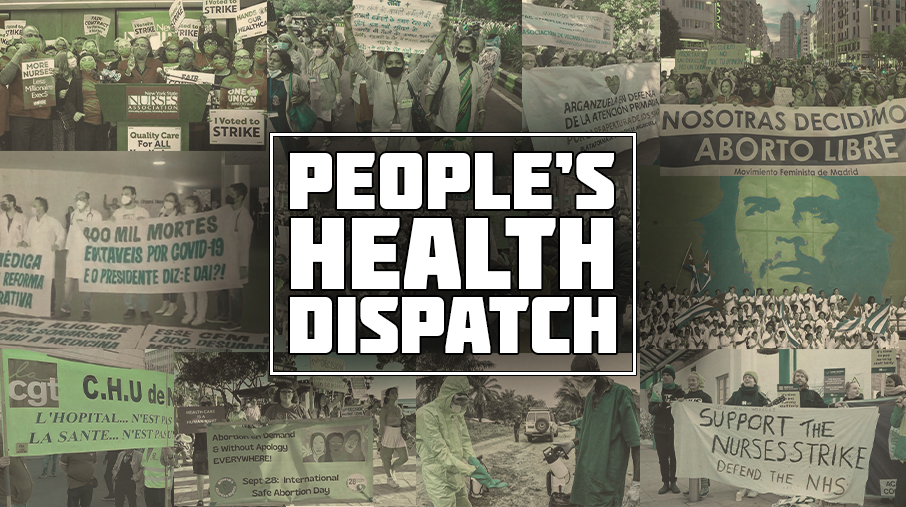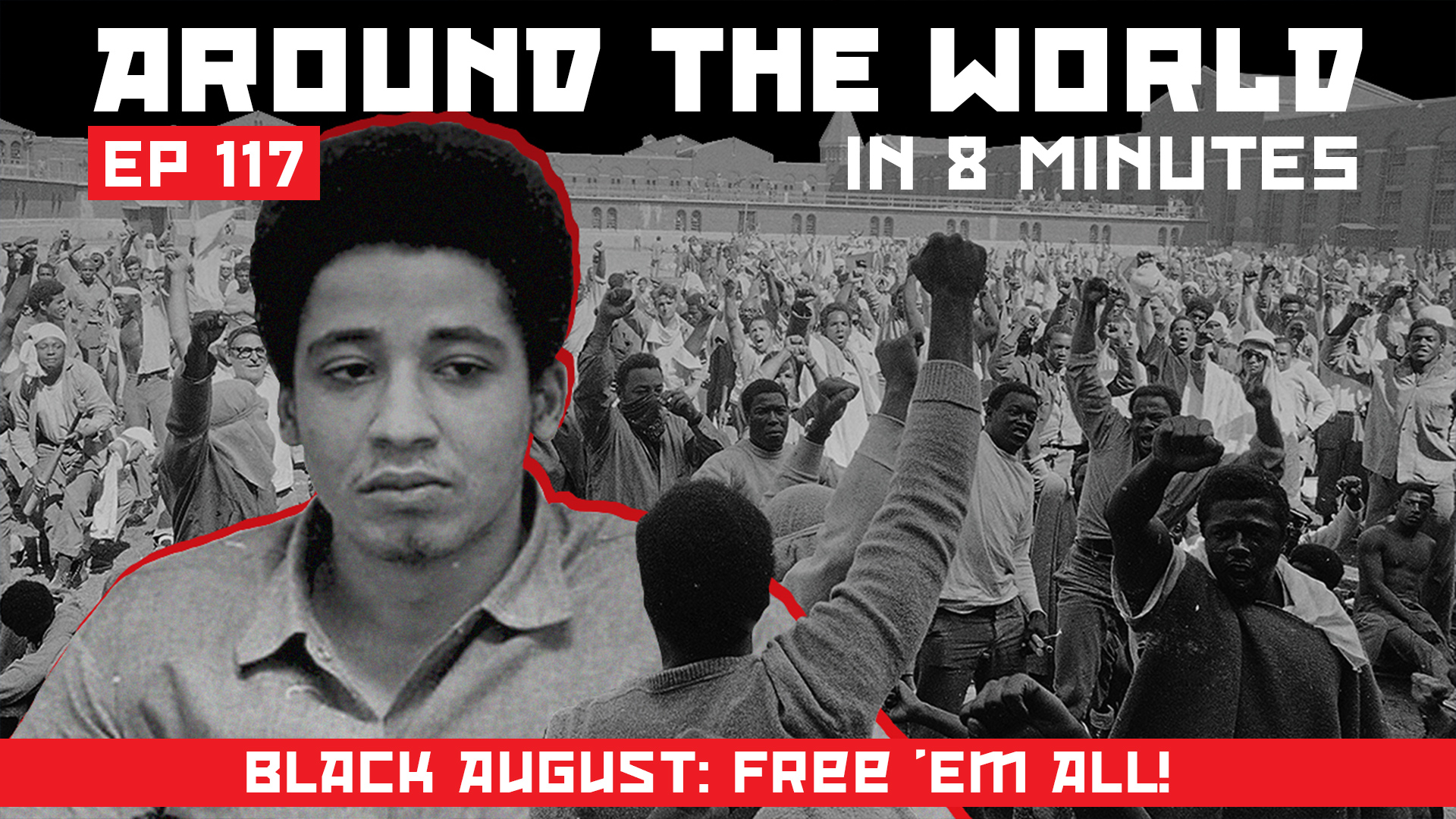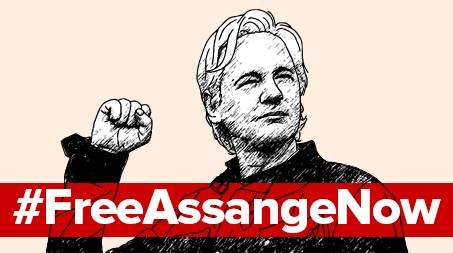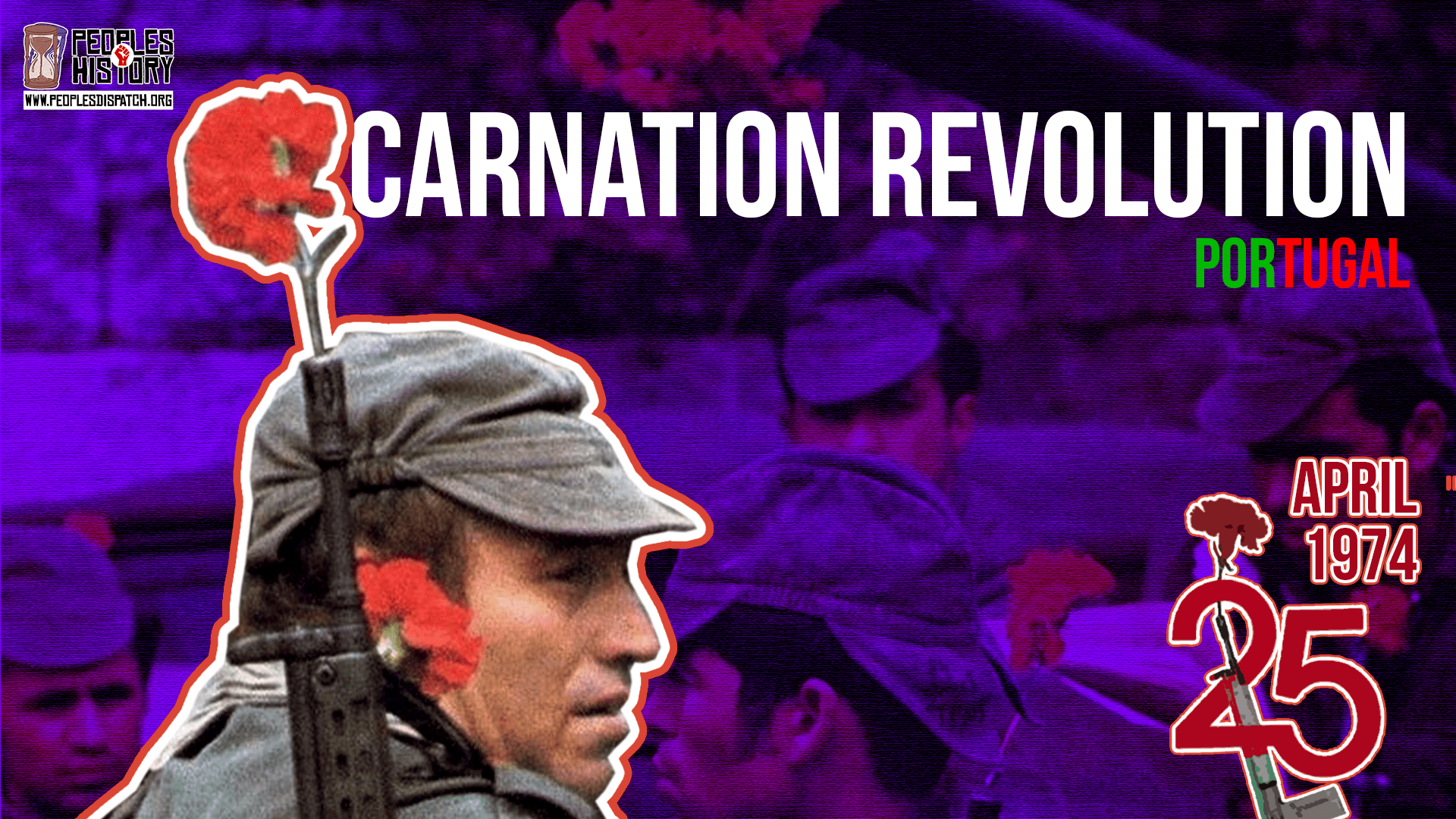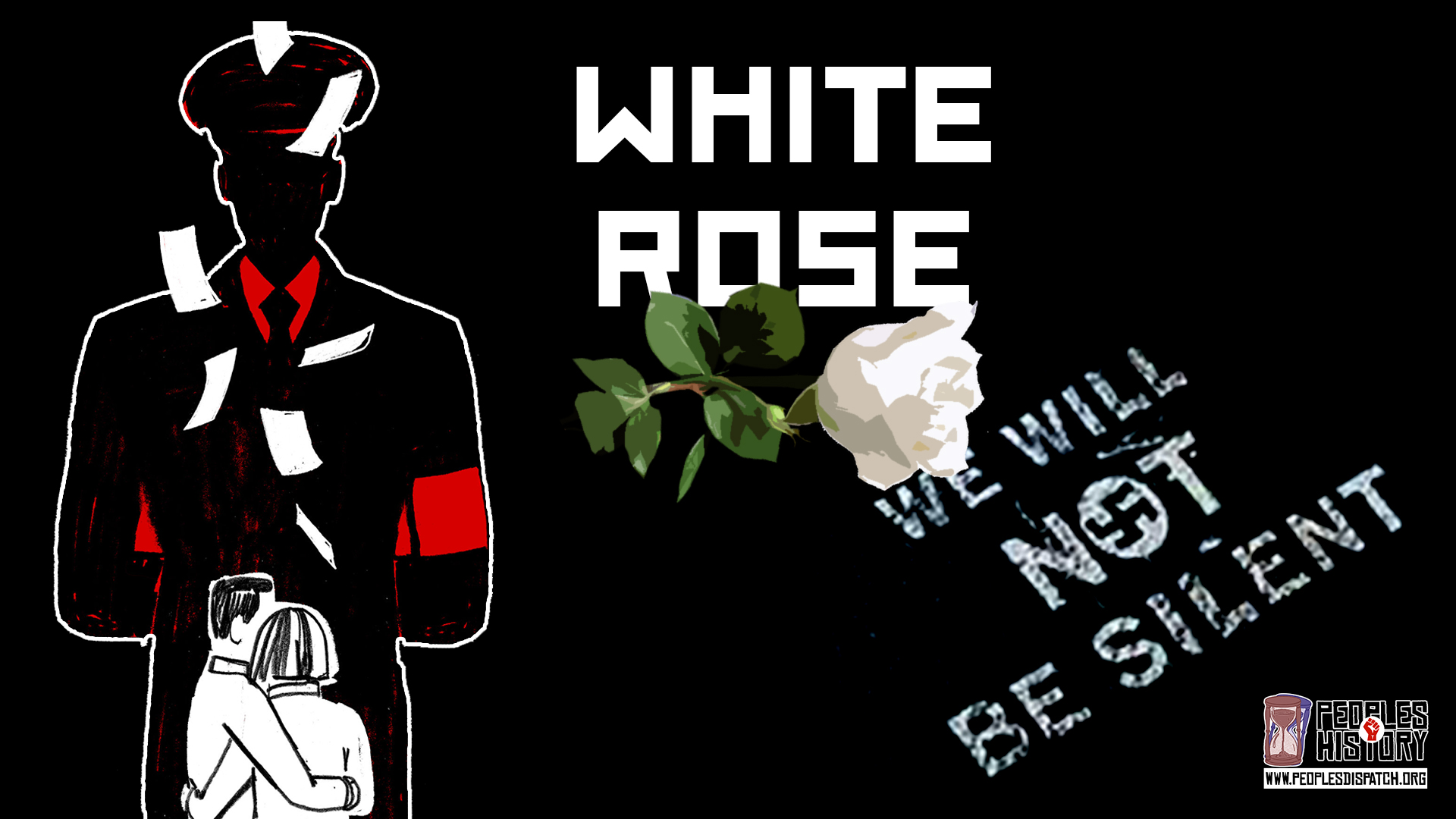The social entrepreneur Mohammad Yunus was sentenced to six months along with three of his colleagues from Grameen Telecom, attracting widespread condemnation
The number of dengue cases has surged in Bangladesh with the disease’s pattern and severity changing and rural areas bearing the brunt. As public health facilities struggle to cope with the number of cases, patients are facing extreme financial difficulties
From the viewpoint of imperialist forces, Bangladesh is the strategic springboard for heading towards the South-East and Asia Pacific. To achieve their political and economic goals in Bangladesh, imperialists consider the anti-liberation forces, the religious fundamentalists and their political allies, as their natural friends
Odhikar has been facing judicial persecution with charges filed against its secretary Adilur Rahman Khan and director ASM Nasiruddin Elan for allegedly publishing “fake, distorted and defamatory” information
50-year-old Shahid ul Islam was allegedly beaten to death in an attack on Sunday evening which other union members claim was perpetrated by “mercenaries” of factory owners.
The cut will affect approximately 1 million Rohingya refugees living in camps in Bangladesh’s Cox’s Bazar
Bangladesh’s national tuberculosis program is picking up after a blow dealt by the COVID-19 pandemic, but room for improvement remains
Clothing brands operating in the country have still not joined the Accord on Health and Safety, which could prevent accidents like the one that occurred at Rana Plaza in April 2013 which led to over 1,100 deaths
The fire at Banga Bazar damaged thousands of shops and covered the surrounding neighborhoods with black smoke. The cause of the fire has not yet been ascertained and no casualty has been reported
Samsuzzaman Shams, a reporter with leading daily Prothom Alo was arrested under the controversial Digital Security Act , after police officials raided his house in the dead of night
At least 10 journalists were injured during police action at the Supreme Court in Bangladesh on March 15. The journalists were covering the Bar Association Election
Close to 12,000 Rohingya refugees were rendered homeless and more than 2,000 shelters in a refugee camp in Bangladesh’s Cox’s Bazar were destroyed after a fire on Sunday, March 5


